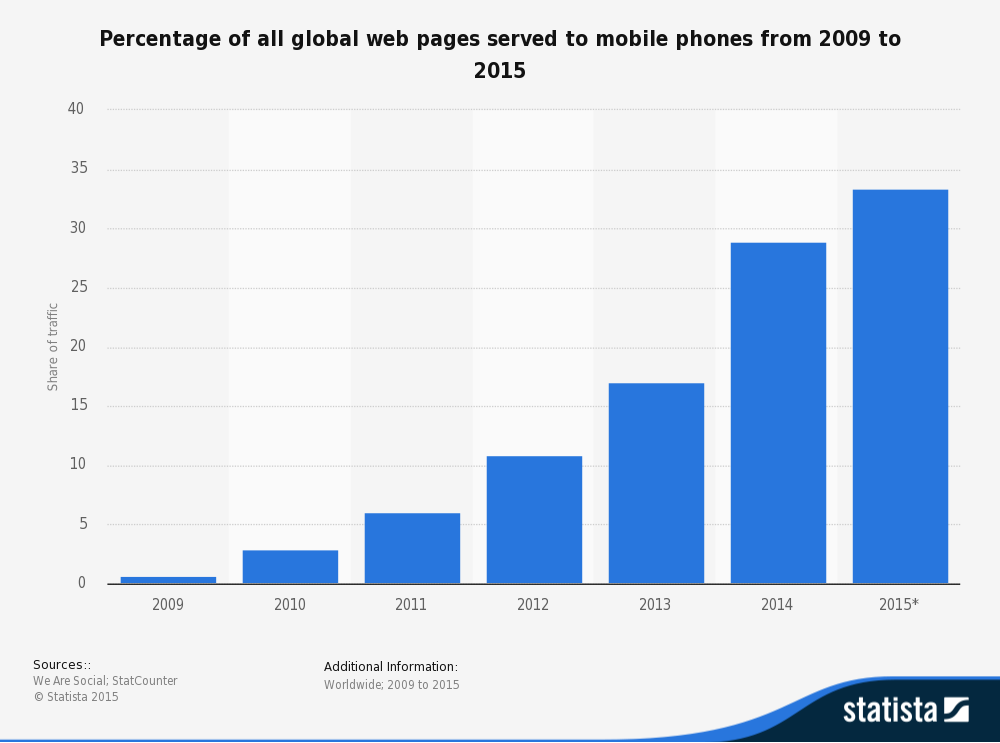The SEO Tactic That Actually Hurts Your Business (and How to Do It the Right Way Instead)
Years ago, the #1 way to improve your search rankings was to have links around the web pointing to your site. The more links, the better.
This meant that just getting links up anywhere would help your site appear in search results. The more pages around the web linking to a site, the better the site must be, right?
Well, not anymore.
The model of SEO (search engine optimization) based solely on backlinks has been gone for a long time.
→ Today, search engines are concerned with quality over sheer quantity. In fact, backlinks from discredited websites can be red flags for search engines.
Outdated, spam-linking SEO strategies – which seek to get links placed anywhere, no matter the credibility of the link or the type of content in which the link is placed – is a type of "black hat" SEO tactic, and Google doesn't like it one bit.
We've had clients come to us whose search rankings have plummeted thanks to spammy links and phony reviews other companies have planted on discredited sites around the web.
These can take the form of random, low-quality articles written and placed around the web for a fee, links inserted in bogus comments or forums, or "link dumps" or exchanges that seek to inter-link a set of unrelated websites around the web together. Companies that use these methods might charge hundreds of dollars a month claiming to boost your SEO.
But if the company you've hired uses red-flag methods, you may be spending hundreds of dollars a month only to incur a penalty and take major hits to your search ranking.
That's the wrong way to do SEO.
You're paying to have your site optimized for search engines, not penalized! But there are ways to do SEO right.
We do SEO the right way.
Backlinks are still an important factor in search rankings – but they're one of hundreds. And just having a link isn't good enough:
Backlinks count when the link comes from a high-traffic, highly accredited source. Additionally, search engines consider the words that link is placed within and the link's click through rate (CTR). How many people who see that link actually click to read more? If the rate is high, the link is given more weight than a link that nobody wants to use.
So how else are websites optimized to appear in users' searches?
We take concrete steps to optimize every website we create to appear in searches – without the risky SEO tactics that can destroy your rankings.
Here's how we do it – and how you can do it too!
1. High-quality content
If you need to appear in searches for dog grooming in Columbia, MO, it's important to have information about dog grooming on your site. Google can't find information if it's not there!
But it takes more than just repeating phrases like "dog grooming," "dog groomers," "pet grooming," "dog haircut," etc throughout your site. Nobody actually wants to spend time with an unhelpful jumble of sentences, and Google understands that.
And simple, static content – like your about page – isn't good enough. Creating new, relevant content is a major asset to your search rankings.
We work with our clients to create on-brand content marketing materials on a schedule that works for you. This includes in-demand blog or educational posts targeted to your customers' interests as well as regular web updates.
Our content creation process is customized to each business. Collaboration is key to creating high-quality content that represents your expertise.
2. Responsive, search-optimized structure
The structure of your website, not just its content, affects your search rankings. All of the websites we create are optimized for search at their core, including some extremely important elements:
→ Responsive design
How often do you visit websites on your phone? If you're like many of us, probably often – very often.
If your website isn't responsive to mobile screen sizes – meaning it rearranges and scales to automatically respond to your audiences' screen sizes – you're not only making it more difficult for customers to navigate your site, you're taking a hit in your search engine rankings as well!
Across the globe, over 33% of all website visits in came from a mobile device. Source: Statista.
→ Page size and speed
Smaller page sizes mean a faster load time for users. And faster load times mean a better search ranking. Avoiding huge image files that are slow to load is one good way to cut down on loading time!
→ Page titles and descriptions
All page titles need to be informative for users and optimized for search engines. Using keywords – only if they make sense to a human! – in page titles hits on both of these requirements.
Meta descriptions are short sentences describing what the page contains – these appear beneath pages in search results to help users understand what they'll find clicking through. Again, these must be human-centered while still being search-friendly. Meta descriptions need to stay under 155 characters and be relevant to page content – a must in all websites we create.
→ Appropriate use of heading hierarchy within pages
Far too many web designers overlook this essential step in creating optimized content: Page headings not only offer visual and semantic clues to users, they indicate which phrases are important to search engines crawling your content.
→ Sitemap
What's a sitemap? Google defines it well:
“A sitemap is a file where you can list the web pages of your site to tell Google and other search engines about the organization of your site content. Search engine web crawlers like Googlebot read this file to more intelligently crawl your site.”
Sitemaps are valuable because they make it easy for search engines to see all pages and how they connect in a glimpse. Crawlers (like Googlebot) can see how your pages connect by exploring your site structure page-by-page, link-by-link, but a sitemap is just that – a map to finding your content.
3. Social media outreach
Think your social media presence doesn't affect your rankings? Think again.
Moz's correlation report showed a clear correlation between high social engagement and websites' search rankings. Though Google doesn't measure your social media presence specifically, social media engagement does have an effect on the engagement your site can achieve – and thus, your site's performance in searches.
Think about it: your social outreach brings more users to your site. And if those readers are engaged on page (explore your site and read your content), you've got a boost to your site engagement. Furthermore, if those users share your link on social again, you're able to reach an even wider audience. And if your site continues to perform well with users, search engines take those positive experiences into account when ranking pages in searches.
We know that for small businesses, social media is not an end in itself.
The engagement you garner on Facebook, Twitter, and Pinterest (among others!) is one part of a marketing strategy you use alongside other methods (like SEO) to grow your business – and that means benefitting your bottom line.
[Related: What's the point of social media for small businesses, anyway?]
When you begin treating social media as a strategy to further your investment, not just a place to gain likes and follows, you can see the place social media takes alongside other marketing strategies.
Complementary marketing strategies (like our marketing services) all work together to create a robust sales funnel that engages, educates, and motivates your customers to buy in one smooth process.
[Related: How to funnel customers to your website again and again]
3. Content outreach
Beyond social media outreach, we want to work with you to find opportunities to create high-value, appropriate backlinks to your site.
Creating unique content that's so original other sites want to link to it (like we've done with this post of ours!) is a step in the right direction. But we want to do more for our clients by actively reaching out to publications – local, national, and global – that are truly high-value, high-authority sites in your field to find additional opportunities for you to create and publish unique content.
Finding these partnerships and building your authority through publishing top-quality content across the web is an excellent strategy to optimize your search rankings.
It's a major commitment, but the hard work is well worth a successful outcome.
SEO can be a tricky task.
Adopting SEO tactics that hurt your search performance by incurring penalties is a real threat. We've seen it happen far too many times.
A great rule of thumb when it comes to SEO tactics:
Create content that puts users, not algorithms, first.
Any SEO decision you make should be well-informed.
Before you make the decision to outsource your SEO, ask for specific details about a team's tactics, the approval you'll have over content before it's published, and examples of high-quality work they've done in the past.
Questions for us? Ask away!
If you're interested in getting your Squarespace site in tip-top shape for a great SEO foundation, you're ready for our Essential Squarespace SEO Launch Kit.
And if you're less of a DIY type, make sure to check out our services for more information about just how we do things around here.
Hoot Design Co. is a marketing, branding, and design agency located in Columbia, MO. We specialize in creating a custom and comprehensive marketing strategy centered around your business's unique strengths and educating you with the tools you need from day one. From logo design to brand identity, website design and execution, and social media marketing strategies in-person and through online courses, we're focused on your business success every step of the way.














![The 12 Brand Archetypes That Make Businesses Successful [Quiz]](https://images.squarespace-cdn.com/content/v1/54d517b6e4b0ed7051057db5/1585769396961-VPZ3BIYLRTAJOX260HWH/11.png)
Read More →